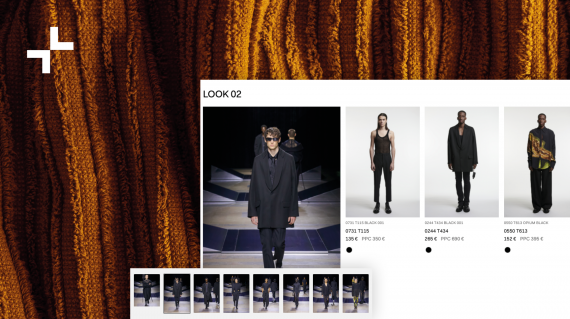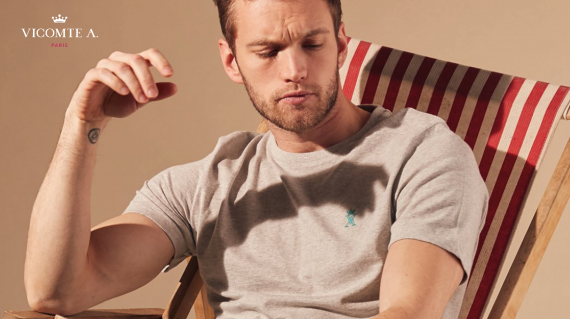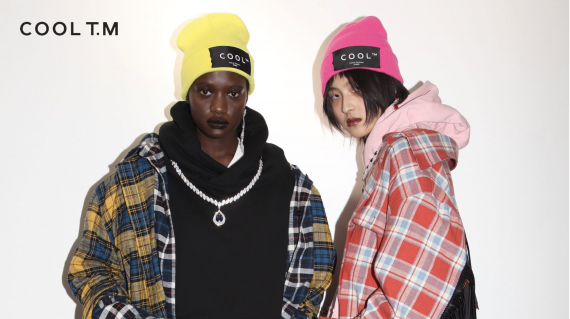25/09/2020
Industry
1- To adapt to the current crisis challenges.
Covid-19 is shaking up the habits of the fashion industry, from the brands and the retailers to the end customer: fashion weeks canceled, stores forced to go digital or to close doors, supply chain and production slowing down, seasonality rationalised, etc.
With teams being unable to travel, actors are trying new ways to work together. BtoB platforms prove to be the essential partner to start a new season in the best conditions.
Providing a powerful buying experience and efficient collaborative tools to retailers ensure a long-term relation between brands and buyers. Buyers enjoy permanent access to the digital showrooms of their favourite brands to discover collections and work on their selections. Virtual reality, personalised contents, and 360° images are today the key to a competitive brand and a commercial success.
2- To offer a BtoB commercial experienced aligned on BtoC.
The rise of e-commerce in the 2010’ deeply transformed BtoC buying habits and therefore BtoB buyers' needs. Today professional buyers require comprehensive product description, accurate data with live updates (prices, availability, descriptions, etc.), a high level of reactivity, and outstanding customer service from their brands.
Bringing the quality and aesthetic of BtoC to BtoB is a crucial competitive advantage for fashion brands in 2020’.
Sales managers, agents, buyers are all looking for the more intuitive commercial experience: order-taking tools, virtual showroom true to the brand DNA, Powerful CRM tools, and iPad App. On a complex market, brands well equipped with a BtoB platform stand out from the rest.
3- To build a more environmentally responsible fashion.
Fashion is one of the most polluting industries, and BtoB is part of the problem: lookbooks, paper line sheets, transports of collections, and teams, all these factors contribute to a bad carbon footprint.
The study “Zero to market” from Carbon Trust measured the carbon print generated by the transports from the four main fashion weeks: London, Paris, Milan, and New York, including the trips to the cities, in the cities from a show to another, the hotels and the transports of collections. They generate 241 000 tons of CO2, a number equivalent to the annual electricity consumption of 42 000 families.
Digitising tools and sales process make them available 24/7, while saving money and reduce the carbon footprint of brands and buyers.
The digital industry is not carbon neutral and also needs to be self-critical (digital represents today 4% of the greenhouse gas emissions in the world, according to Shift project, a think tank about carbon transition), but fashion can already reevaluate and improve its digital processes as more and more committed brands started to do, alongside with the Fédération de la Haute Couture et de la Mode willing to pave the way for a sustainable Paris Fashion Week® (Madame Figaro, 09.19.2019).
Contact our team to learn all about our features: contact@lenewblack.com
LE NEW BLACK is a comprehensive sales management platform for creative wholesale businesses: order-taking iPad app, e-commerce based web showroom, and sales management back-office.
Since 2009, more than 200 prestigious brands such as AMI Alexandre Mattiussi, A.P.C., Études Studio, IKKS, Kenzo, Patou, Haider Ackermann, etc. chose LE NEW BLACK for its expertise, its client-oriented support, and its high-end user experience.



